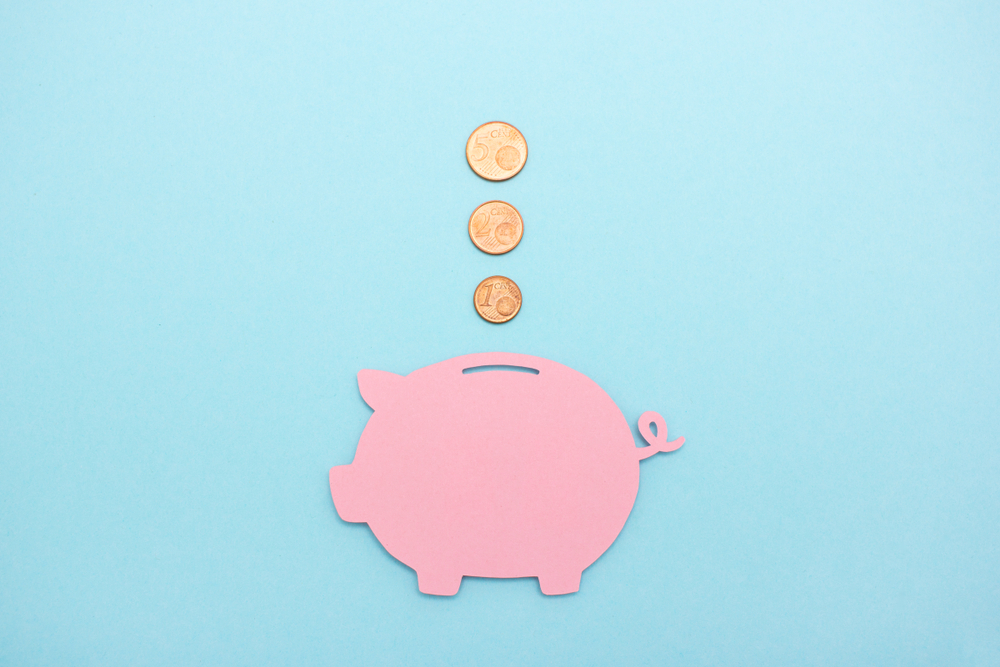While a home isn’t the ideal investment to grow your money, it’s never fun to feel like you’re losing money either.
Just ask Bobbi Rebell, a certified financial planner, author, and host of the “Financial Grownup” podcast, who recalled her first homebuying experience in a blog post for Synchrony Bank.
In her early 20s, Rebell had started her first job as a news associate at CNBC and recently moved to a sublet apartment in Manhattan after living with her parents in New Jersey. She was making just $20,000 a year and saving as much as she could.
“I started talking to my neighbors in the building, which was a co-op. Even though I was a renter, almost everyone else owned. I began looking at the numbers,” Rebell wrote. She calculated that if she could save enough for a down payment, buying an apartment would save her $300 a month. Plus, she knew she’d build equity and get the mortgage interest deducted on her taxes.
At 23 years old, she cobbled together her life’s savings, along with past gifts from relatives and her parents, and bought a studio apartment in her building for $90,000. Her friends advised against it, but she felt confident it was the right move to fast track her savings goals.
The purchase price and the sale price are most important
Within a few months of her purchase, prices fell further and Rebell’s friend bought a similar — and on many accounts, nicer — apartment for significantly less than she paid. Rebell feared she’d made a bad deal, until she remembered a nugget of familial wisdom.
“I reminded myself of the advice my grandfather Harry gave me when I was growing up: The only days a stock price really matters are the day you buy it and the day you sell it. The same applies to real estate,” Rebell wrote. She wasn’t planning to move anytime soon, so she continued socking away the money she wasn’t spending on rent.
Seven years later, the apartment was worth three times its initial value and Rebell sold it for a profit. While her situation may be unique, the lesson is universal: Markets fluctuate all the time and there’s no use concerning yourself with the value of an asset in the interim if you’re planning to hold it for a long period.
This is especially true when it comes to real estate. Financial experts often warn against buying a primary residence expecting a future return. A house is a utility, many argue, and not an investment. You should buy a home when it’s right for your financial situation or your family life, not when you want to make money (real estate purchased with the intention of producing income is another story).
“If I hadn’t been persistent in my savings, and if I hadn’t taken that first big, scary step toward the financial life I wanted, then we wouldn’t have been able to build the life we have today,” Rebell wrote. “That’s why I tell everyone that the time to start moving in the direction of their goals is always the same: right now.”
This article was originally published on Business Insider.
More from Business Insider:
Bill Gates says he’s happier at 63 than he was at 25 because he does 4 simple things
Follow us here and subscribe here for all the latest news on how you can keep Thriving.
Stay up to date or catch-up on all our podcasts with Arianna Huffington here.


